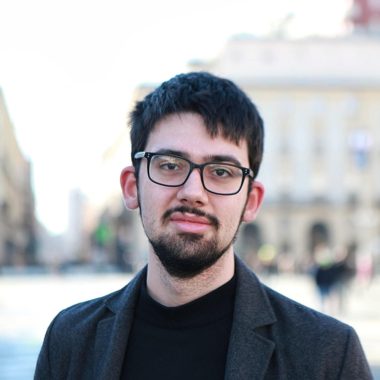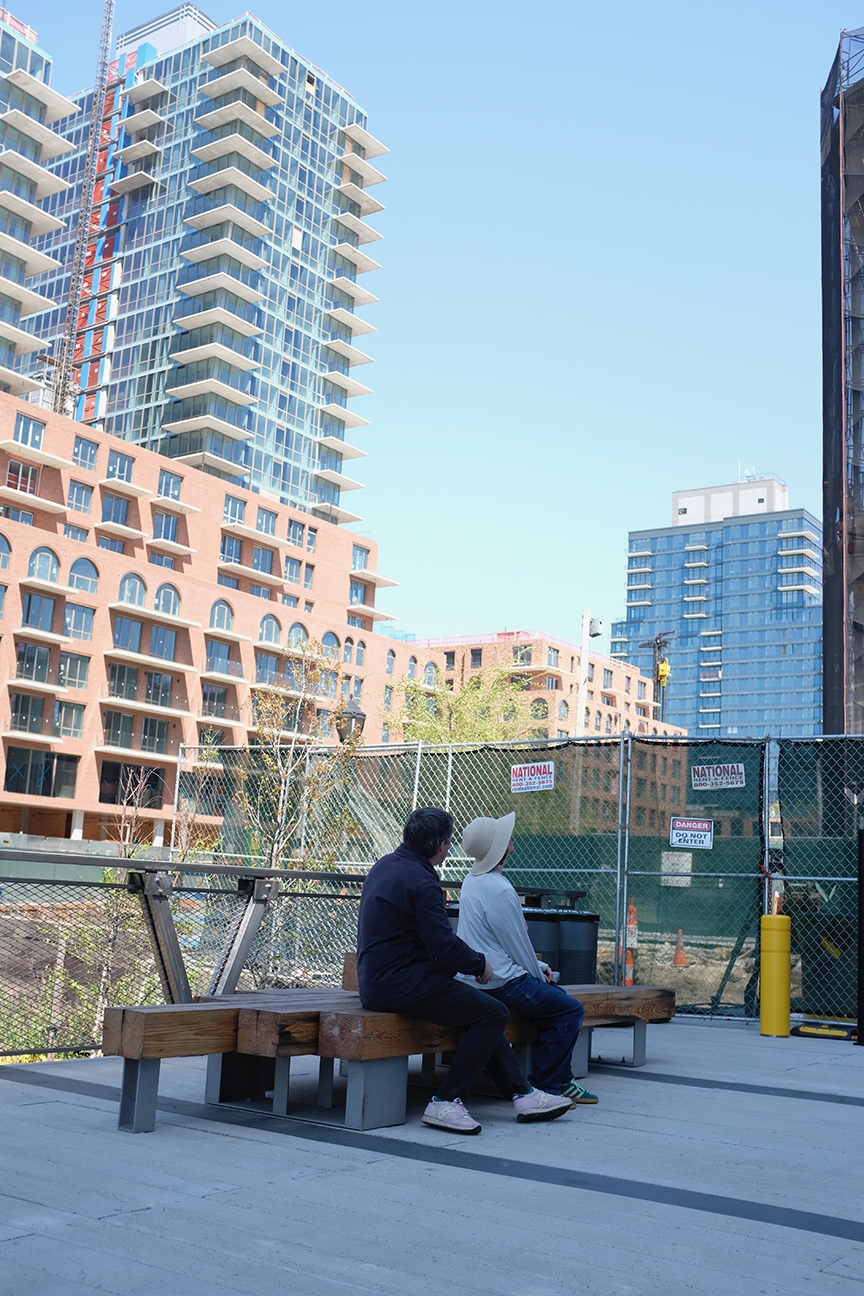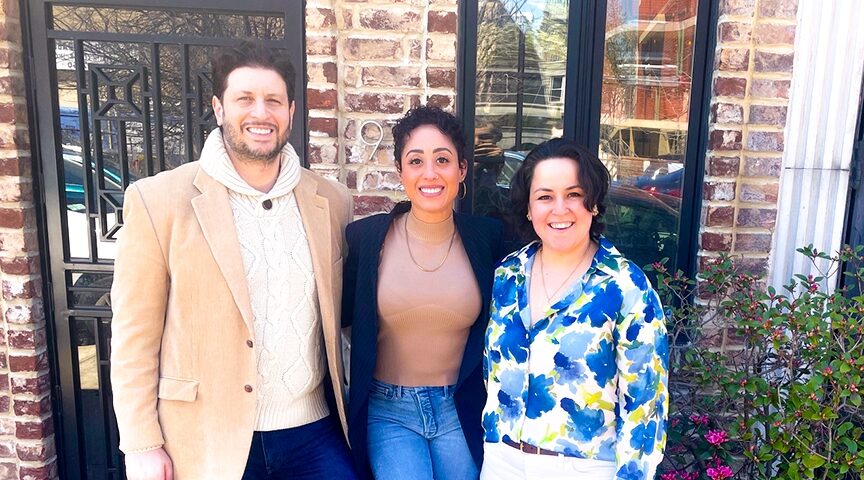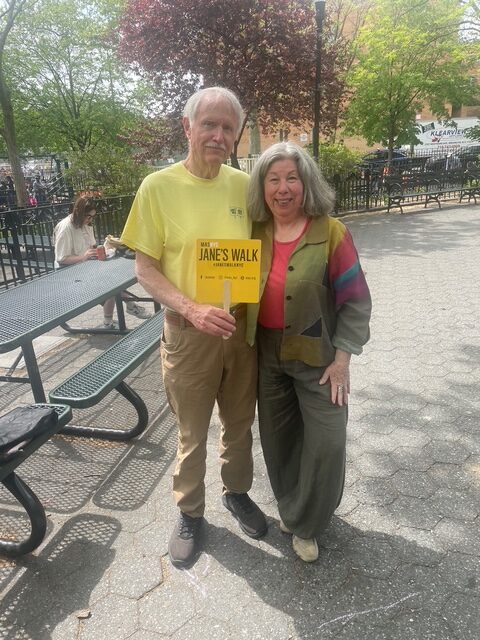Since the beginning of December, leading physicians throughout all the hospitals and retirement houses in Europe have convened meetings to plan the upcoming COVID vaccination campaign, which started in Europe on December 27.
The first vaccine allowed to be inoculated is Pfizer, but on January 6th also Moderna will be allowed by the European Medicines Agency as the FDA did on December 18th.
Governments throughout the old continent decided to get the vaccine available first to health care workers for a few different reasons. First of all, these workers have been the most affected by the Covid drama, andsecondly their trust towards the vaccine is necessary to persuade the remaining citizens of the importance of getting vaccinated, as no law imposes it mandatorily.
Up to now, not many countries experience a great distrust in northern Europe, where polls reveal how in the UK vaccine acceptance is 79%, while Germany is 69%. But, as often happens in the old continent, southern Europe’s situation is a little bit different.
France has to face a 46% skepticism, the highest rate of any country surveyed, but many other nations haven’t statistics about vaccine acceptance nationwide.
One of these is Italy, where, even if national polls are not available, data about retirement home workers’ acceptance from each region reveal how large skepticism is among those whom the government expected to be eager vaccine recipients, as private hospices have been the most hitten facilities by the virus.
Brescia in Lombardy, near Milan, has seen 2.982 Covid fatalities since March, most of them in retirement homes, whose 80% of workers today, nonetheless, has refused to get vaccinated, prompting an immediate reaction of Brescia’s Health Safety Agency Chief Claudio Sileo: “Few people agreed with vaccination, but I do not understand why”.
This low acceptance is commonplace through all the penninsula. In Piedmont, the nearest region to France, only 3 out of 10 hospice workers would like to get vaccinated, and no current data is available about National Health System’s workers, where, according to people familiar with the matter, the distrust is not so different.
According to Sara, a nurse in Turin’s Health City hospital, this result should have to be expected. “We’ve experienced a huge lack of information since the vaccine’s development was announced. We barely know how it was possible to reduce the usual years of testing in a few months. This goes against all we’ve studied to work here, that is why I won’t get vaccinated till more info will be provided about the vaccine’s development, side effects and the duration of the immunization.”
Those doubts are increased by a widespread suspicion towards the government’s health policy, due to many well publicized health scandals that occurred in the last decades. Widespread bribery amidst politicians, head physicians, entrepreneurs in a dark corrupt circle was unveiled in 1993 by Italian judges, and has continued to exist till today.
This distrust is experienced in every working place. “When the head physician told us to get the vaccine, everyone asked himself if he will assume it or if he was promoting it only because he was obliged to do so”, continues Sara, whose colleagues agree with her view that the vaccine may not be safe.
On the other side the public opinion is even more fragmented between those who, like nurses, do not accept the vaccine and others who believe it is the only way to escape the pandemic. But this division sometimes is stronger. “If a nurse cannot get vaccinated, I don’t want to be touched by him” is a sentence ever more heard, while there are those who believes a mandatory vaccine is the only solution that could guarantee a total immunity.
“That would be a dictatorship”, says Sara, “But clearly it will happen soon”.
“I do not know if this is true or not ‘’ replies Sante, a nurse in a private retirement house, “but when the pandemic was making thousands of fatalities everyone wished for the vaccine, and now that we own it everyone disagrees. It sounds hypocritical. I want to get it because it is the only weapon we have. This is a war, we need a mandatory vaccine if people do not take it voluntarily”.
In spite of these beliefs, government officials state that no mandatory vaccine will be imposed, but that a pervasive media campaign is needed, as even a 25% distrust would undermine the vaccine’s efficacy.
Official sources state that there should be no worry about the vaccine’s fast development, as all the experimentation phases have been respected, even if accelerated.
Nevertheless the skepticism does not decrease, as few politicians decided to get vaccinated in public like Biden, Harris or Pence, and when one of them, Campania’s governor, Vincenzo De Luca did so, he was criticized for being too publicity conscious and to have taken the place of a needier person.
In this atmosphere, it looks like even the political class does not believe much in the vaccine, unless it is a good photo opportunity. Every politician is way more focused on giving an opinion, rather than checking facts to assure people that they’re not going to die because of the vaccine.
Italy, as well as the entire world, need clearer information and rationality as regards the vaccine, because what is happening in my country reveals how a paternalistic state does not work well.
Saying “Do it, it is for your safety” is not a good strategy because people start to feel like kids, but they’re not so. Even health issues should be treated democratically, making people aware of everything concerning their safety, as this is the only way to spread trust.
In Italy it is not happening, and so an Orwellian propaganda is taking place, with the state not understanding that this is not the best way to persuade the nation, as it would lead to a nationwide rebellion against the vaccine, with a health anarchy where everyone decides to do or not the vaccine deprecating the others. This would lead to a more strict regime like China’s, where strangely, the vaccine acceptance is 88.6%.
The natural alternative is only one: spreading awareness, which is the best shape of democracy
Author
-

Dario Pio Muccilli is the Star-Revue’s Italian correspondent, based in Turin. Email him at muccillidariopio@gmail.com
View all posts
Dario Pio Muccilli is the Star-Revue’s Italian correspondent, based in Turin. Email him at muccillidariopio@gmail.com
Discover more from Red Hook Star-Revue
Subscribe to get the latest posts sent to your email.













